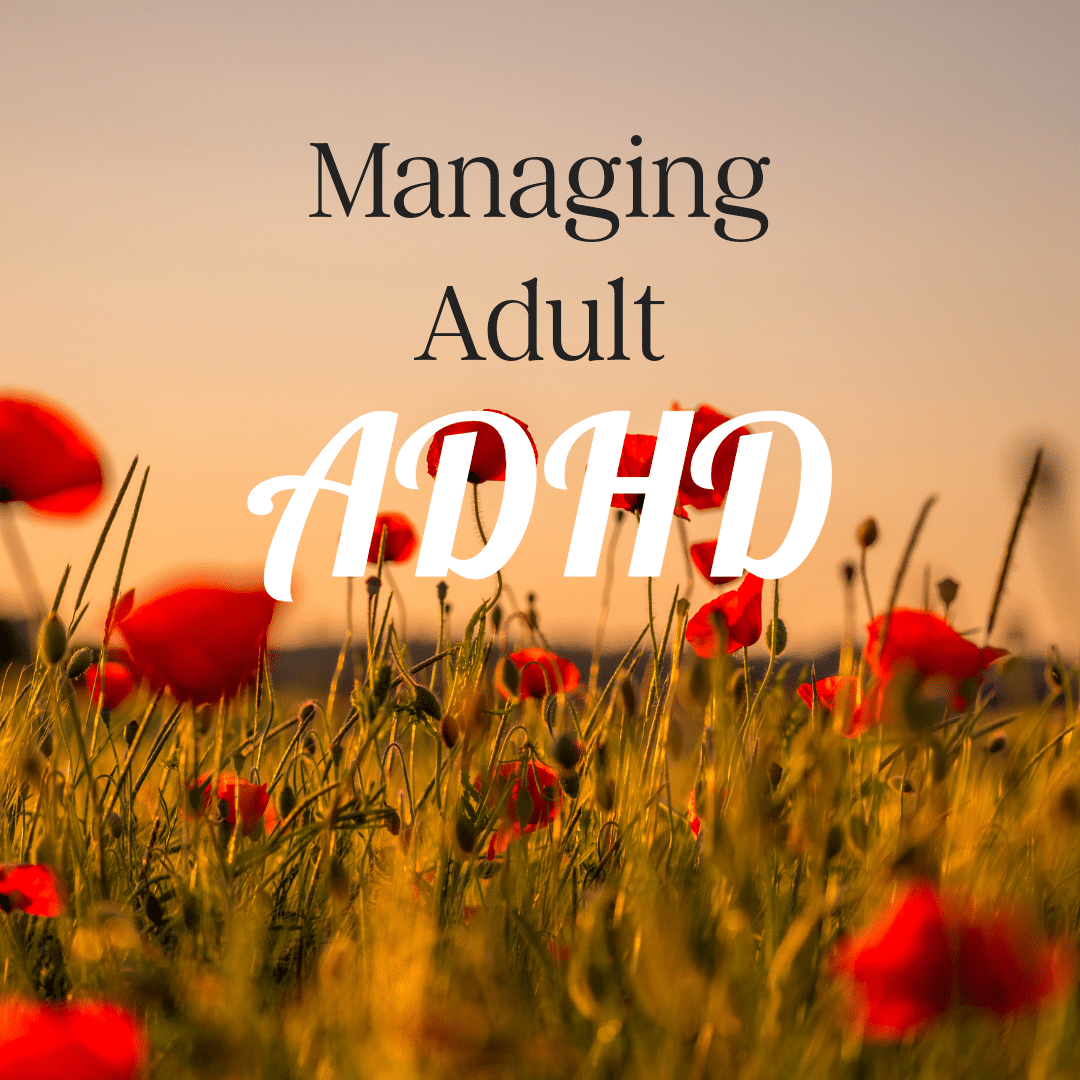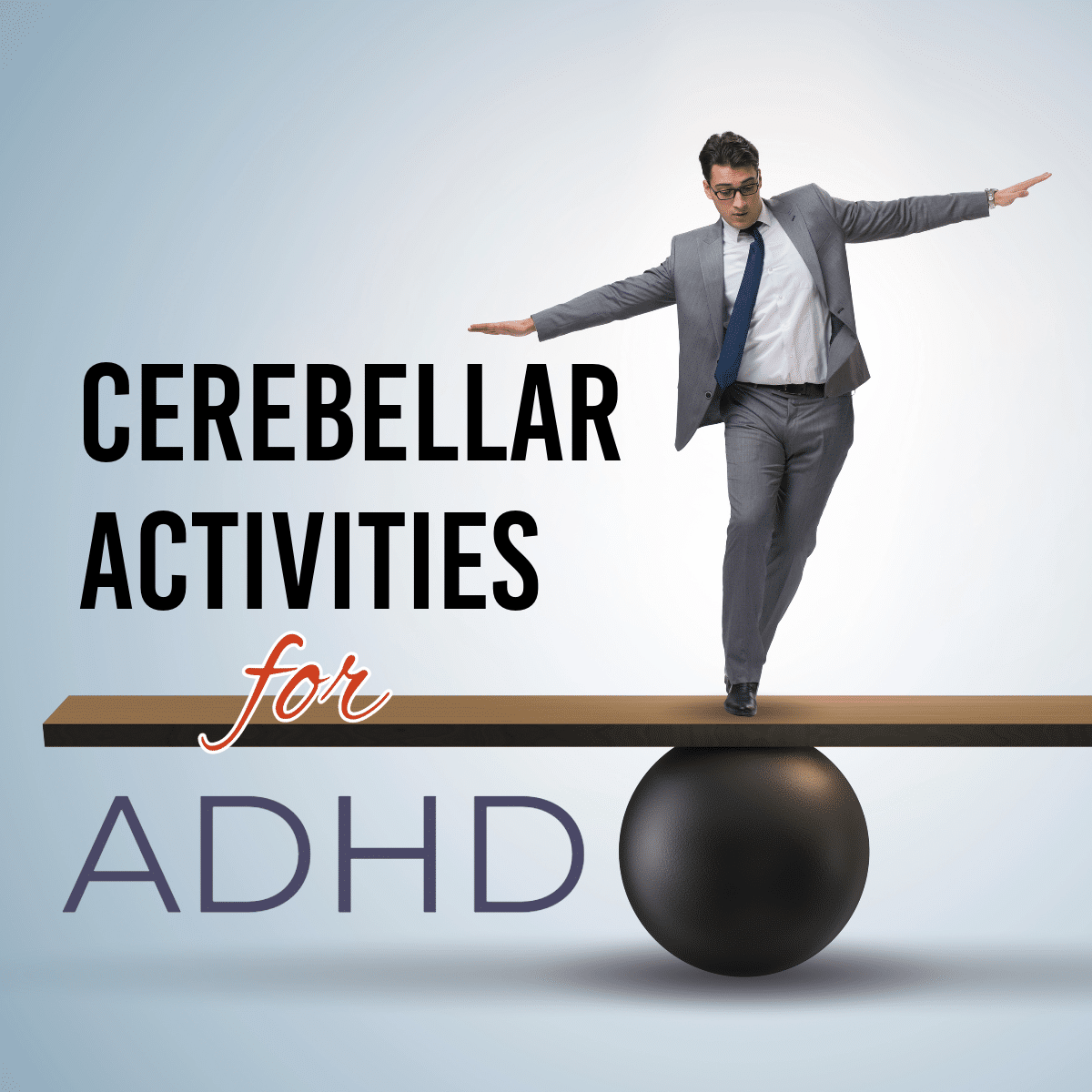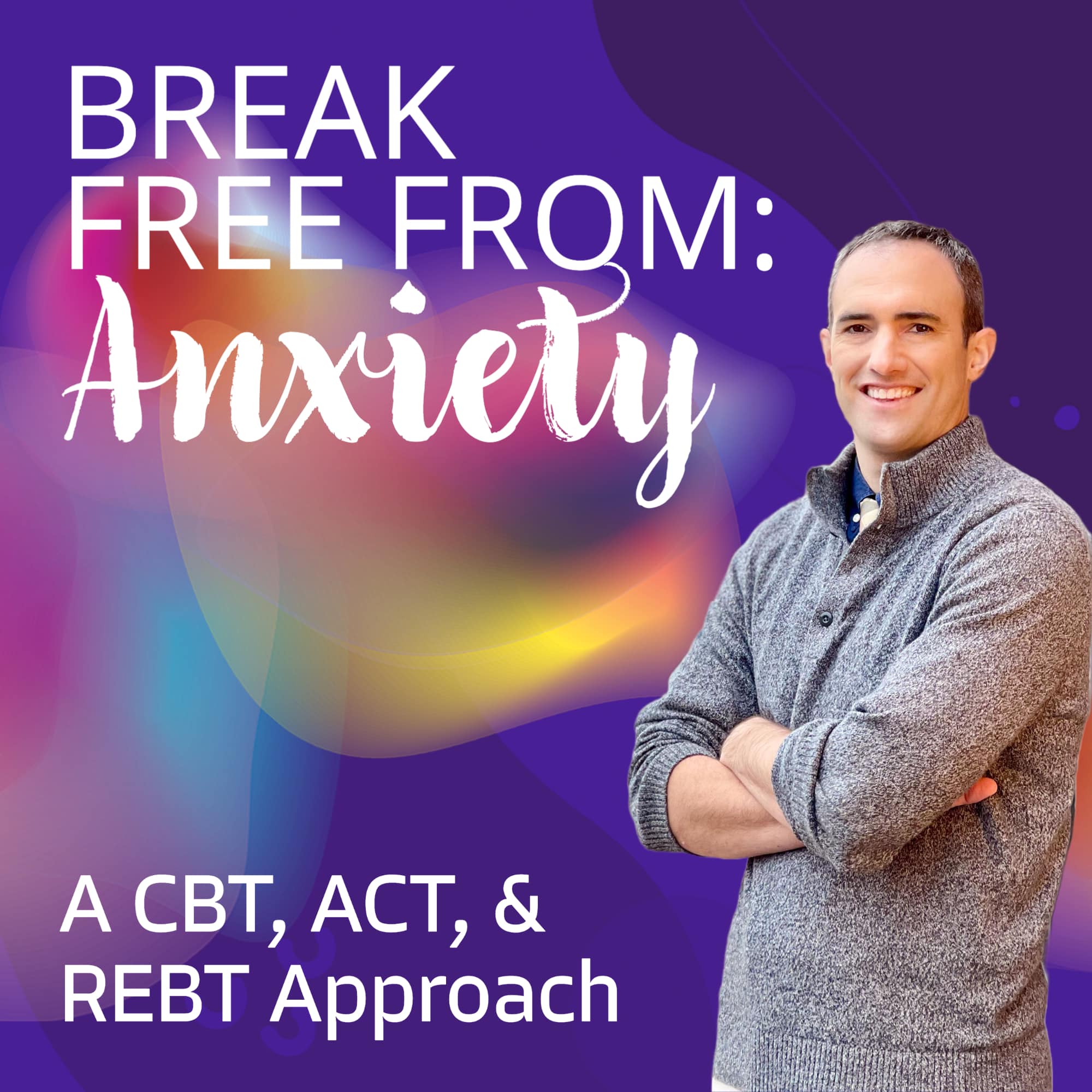Research suggests that many new mothers struggle with not just depression, but also anxiety both before and after delivery. Barriers to receiving treatment include lack of transportation, treatment wait times, and lack of childcare during the appointment. Telepsychiatry can help alleviate difficulties with transportation or childcare during the appointment.
What is postpartum depression?
The American Psychiatric Association’s Diagnostic and Statistical Manual, Fifth Edition (DSM-5), defines peripartum onset of depression as depression that occurs either during pregnancy or in the four weeks following delivery.
How many women suffer from postpartum depression?
According to a study by Gallard in 2014, the prevalence of depression among postpartum women is between 10-16%. Postpartum depression has an onset PRIOR to delivery in approximately 50% of women.
What are risk factors associated with postpartum depression?
-
Stressful life events
-
Poor social support
-
Poor financial support
-
Young age (<25)
-
Women with prior children
-
Negative attitude or fear of childbirth
-
Unwanted pregnancy or single marital status
-
Sleep difficulties
-
Presence of another psychiatric condition such as anxiety, eating disorder, PTSD, OCD or substance use disorder
How do I know if what I am feeling is normal?
After pregnancy a number of changes normally occur: changes in sleep, energy and appetite. Women who experience “postpartum blues” can have a sense of dysphoria or dissatisfaction with life. But usually symptoms of postpartum blues might develop within 2-3 days of delivery, and peak within a few days and resolve with two weeks. If the symptoms persist for more than two weeks and are affecting your ability to function, it is more suggestive of postpartum major depression. Concerns about one’s ability to care for the infant or a lack of interest in the infant is not normal. Thoughts of not wanting to wake up, wanting to give up, suicide or harm your baby suggest you should seek immediate care.
Can’t I just control my thoughts? I mean I must’ve caused this right? I should just tell myself to snap out of it.
Some women are more sensitive than others to the fluctuating levels of estrogen, progesterone, cortisol, melatonin, oxytocin, and thyroid hormone after delivery. Changes in estrogen-sensitive DNA methylation patterns in the hippocampus may predispose certain women to postpartum depression. In another study, too high levels of the placental corticotropin-releasing hormone were a strong predictor of postpartum depression. Genetics may also play a roll, as heritability studies of sisters have found; postpartum depression was found to be 40% explained by genetics.
Will it just go away?
The typical course of postpartum depression is to progress into a more persistent chronic depressive disorder. Episodes can last at least 1 year in 30-50% of women. Prior episodes are predictive of future episodes.
Untreated postpartum depression may have the following consequences:
-
Reduction in breastfeeding
-
Impaired bonding with infant
-
Poorer health care of children
-
Marital discord
-
Suicide
What are some symptoms of postpartum depression?
Symptoms that are severe, debilitating, or last more than 2 weeks, should prompt a psychiatric assessment. One should suspect the disorder in women who have severe anxiety about the health of the infant or have serious doubts about their ability to care for the infant. Lack of interest to adhere to postnatal care, and negative thoughts of the infants behavior are also concerning.
-
Sadness or frequent crying
-
Difficulty in decision making or impaired concentration
-
Worry about seemingly little issues
-
Feeling overwhelmed by demands of motherhood
-
Guilt over not enjoying time with your infant
What are some treatments for postpartum depression or postpartum anxiety?
Women who have previously been successfully treated for depression on a particular medication should restart that medication. For women who are breastfeeding, the risks to the infant of taking an antidepressant are low, and there is a general consensus that the benefits would outweigh the risks. The risks of not treating (discussed above) should also be reviewed. Among the SSRI’s, paroxetine and sertraline have the least adverse effects in infants and are usually undedectible in infant blood who are exposed through breast milk. For women who do not respond to these, one can try a different medication or use a second-generation neuroleptic or lithium or triiodothyronine. For women with persistent depression despite medication adjustments, ECT can be beneficial for postpartum major depression and is a safe option for breastfeeding mothers as there appears to be few adverse effects from anesthetic drugs. For women who do not respond to ECT, IV brexanolone has been shown in randomnized trials to rapidly improve symptoms. Also consider nonpharmacologic options, such as exercise, or support from a partner, friends, family, therapist, mom groups.

 Bruce Bassi
Bruce Bassi






